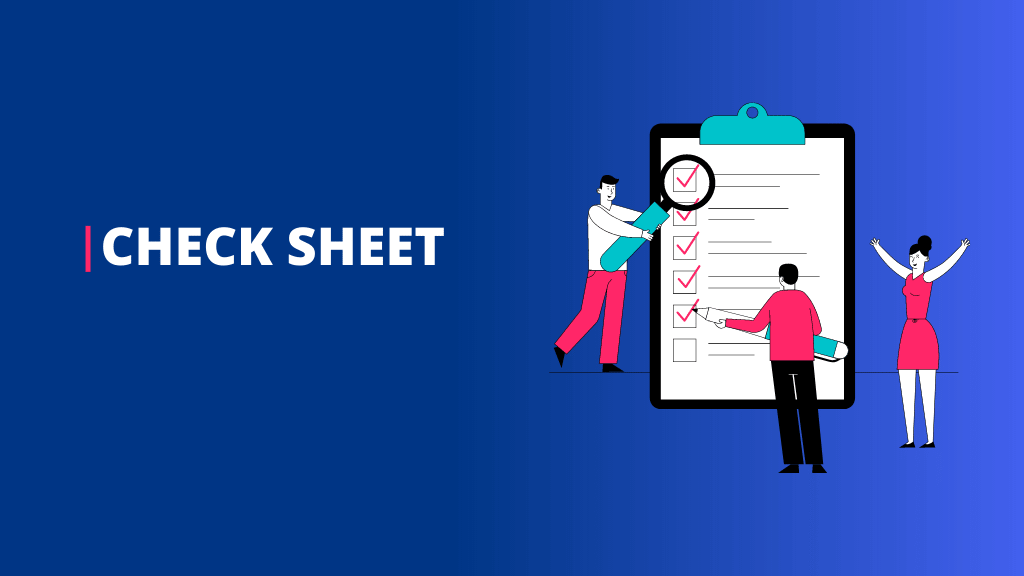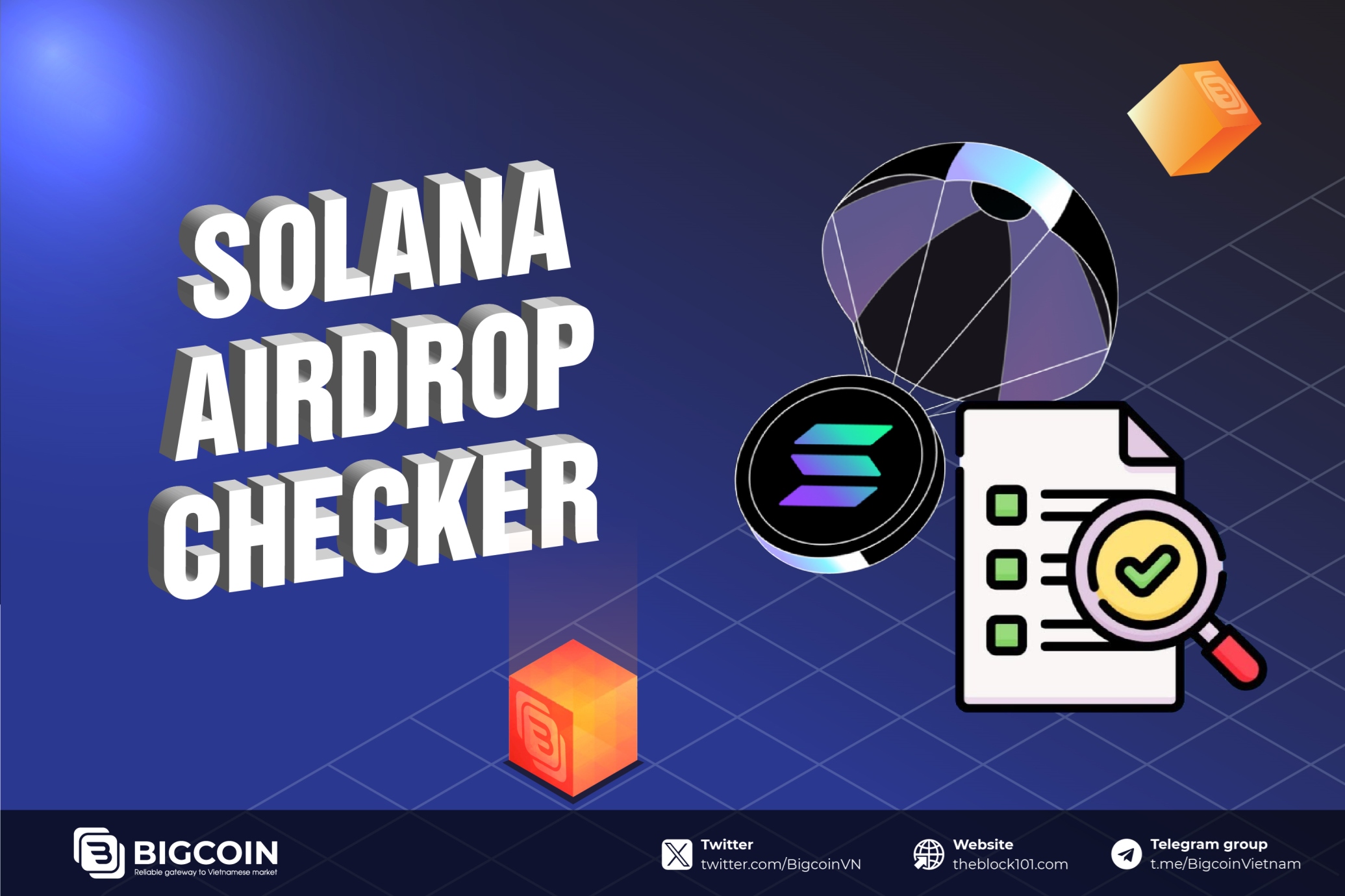1.What is a Check Sheet?

A check sheet is a systematic tool used to collect, record, and analyze data. It is commonly employed in quality management to track errors, incidents, or occurrences during product development. Check sheets provide an overview of the current situation and support decision-making for improvements.
The technique of using check sheets dates back to the 1950s and has become popular in quality management systems like Six Sigma and Lean Manufacturing. It is part of the basic quality management toolkit, which includes Pareto charts, fishbone diagrams, and other control charts.
2. Types of Check Sheets

Categorical Check Sheet: This type is used to categorize and record various types of errors or incidents. In the crypto field, this could include software bugs, smart contract errors, or security issues.
Quantitative Check Sheet: This type is used to collect numerical data. For example, it could record the number of security incidents or the number of failed transactions over a certain period.
Inspection Check Sheet: This type is used to track the process of inspecting and verifying completed steps. In a crypto project, this might include recording security checks, performance testing, and integration testing.
3. Benefits of Using Check Sheets in Crypto Projects

Accurate and Systematic Data Collection: Check sheets help collect data accurately and systematically, making it easier to identify issues and trends during a crypto project’s development.
Supports Analysis and Improvement: Data from check sheets provide a basis for analyzing and improving processes. They help identify root causes of problems and suggest effective corrective actions.
Ease of Use and Efficiency: Check sheets are simple, user-friendly tools that do not require complex skills. They save time and costs in managing quality within a crypto project.
Increased Transparency and Accountability: Using check sheets enhances transparency and accountability in project management. All errors or incidents are clearly recorded, making it easier to track and address them.
4. Guide to using a Check Sheet in a Crypto Project

Step 1: Define Objectives Before creating a check sheet, clearly define its objectives. For example, you might want to record failed transactions or track common security errors during blockchain project development.
Step 2: Design the Check Sheet Design the check sheet by identifying the items to record and the structure of the sheet. It should be designed for ease of use and convenience in data recording, including specific objectives and clear criteria.
Step 3: Collect Data Use the check sheet to collect data as planned. Ensure that the data is recorded accurately and comprehensively. Team members should be guided on how to use the check sheet effectively to maintain consistency and accuracy.
Step 4: Analyze Data After collecting sufficient data, analyze it to identify issues and trends. Use other data analysis tools like Pareto charts and fishbone diagrams to assist in this process. Data analysis helps identify the root causes of issues and propose appropriate improvement measures.
Step 5: Implement Improvement Measures Based on the analysis results, implement improvement measures and monitor their effectiveness. The check sheet can continue to be used to track changes and ensure that improvements achieve the desired results. This ensures that all improvements are checked and adjusted in a timely manner.
5. Examples of Check Sheets in Crypto Projects
Software Error Classification Check Sheet
| Type of Error | Frequency |
| Smart Contract Error | 8 |
| Transaction Error | 15 |
| Security Issue | 5 |
| User Interface Error | 7 |
Security Inspection Check Sheet
| Inspection Step | Completed (✓) | Notes |
| Source Code Review | ✓ | No critical errors detected |
| Smart Contract Review | ✓ | Minor issues fixed |
| Access Control Check | ✓ | Access rights well controlled |
| Data Storage System Check | ✓ | Data is encrypted |
Transaction Monitoring Check Sheet
| Date | Successful Transactions | Failed Transactions | Notes |
| Day 1 | 500 | 20 | Failures due to network errors |
| Day 2 | 480 | 25 | Increase in failed transactions |
| Day 3 | 510 | 15 | System more stable |
6. Applications of Check Sheets in Different Crypto Areas
Blockchain Software Development: In blockchain software development, check sheets are used to track and record software bugs, system performance, and security issues. They ensure that the blockchain software operates reliably and securely and help developers monitor progress and address issues timely.
DeFi Project Management: In DeFi projects, check sheets help track transactions, record errors and incidents, and assess the effectiveness of security measures. They enhance the quality and reliability of DeFi products, ensure transaction transparency, and assist project managers in monitoring progress and effectiveness.
Security Testing and Control: Check sheets are widely used in security testing and control of crypto projects. They record security testing steps, detect vulnerabilities, and propose timely corrective measures. This helps protect the project from security risks and ensures that security measures are consistently and effectively implemented.
7. Conclusion
Check sheets in crypto are crucial tools for recording and analyzing transaction data, detecting fraud, and optimizing processes. Using check sheets helps investors and exchanges monitor activities, ensure transparency, and manage digital assets effectively.
Read More:

 English
English Tiếng Việt
Tiếng Việt















